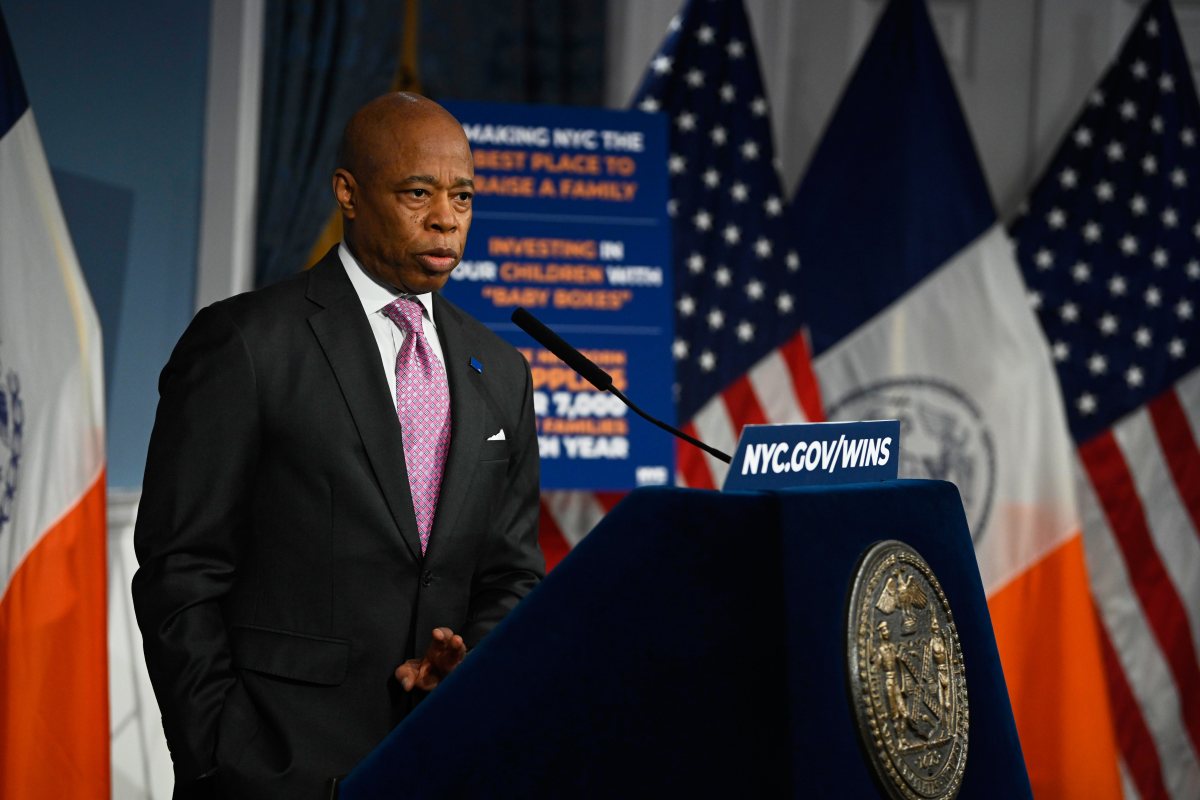President Barack Obama says he will use his executive power to make significant changes to the nation’s immigration system without Congressional approval, blaming Republicans for the collapse of legislative efforts.
“I’m beginning a new effort to fix as much of our immigration system as I can on my own, without Congress,” he said in the White House Rose Garden on Monday.
“While I will continue to push House Republicans to drop the excuses and act — and I hope their constituents will, too — America cannot wait forever for them to act,” added Obama, castigating Republicans for their failure “to pass a darn bill.”
The White House said the president decided to take action after Speaker of the House of Representatives, John A. Boehner (R-Ohio) told him last week that the House would not vote on immigration legislation this year, according to the New York Times.
Obama said he had ordered a shift of immigration enforcement resources from the interior of the country toward the southern border.
He asked his close advisors to report back to him by the end of the summer on additional actions to adopt.
The actions could be as far-reaching as giving work permits and protection from deportation to millions of immigrants now in the country, the Times said.
Just before Monday’s announcement, Obama wrote to congressional leaders saying he would soon request emergency funding — expected to top $2 billion — to address the Southwestern influx.
He also requested additional authority for the Department of Homeland Security to expedite the return of the unaccompanied children to their countries of origin.
In his letter to Boehner, Obama said he was updating him on his administration’s efforts to address “the urgent humanitarian situation in the Río Grande Valley areas of our Nation’s Southwest border, and to request that the Congress support the new tools and resources we need to implement a unified, comprehensive Federal Government response.
“While overall apprehensions across our entire border have only slightly increased during this time period and remain at near historic lows, we have seen a significant rise in apprehensions and processing of children and individuals from Central America who are crossing into the United States in the Río Grande Valley areas of the Southwest border,” he added.
“The individuals who embark upon this perilous journey are subject to violent crime, abuse, and extortion as they rely on dangerous human smuggling networks to transport them through Central America and Mexico,” he continued.
Obama said his administration continues to address this “urgent humanitarian situation with an aggressive, unified, and coordinated Federal response on both sides of the border.”
Earlier in June, the president directed the Department of Homeland Security (DHS) and the Federal Emergency Management Agency to coordinate the government-wide response.
This included fulfilling the “legal and moral obligation to make sure we appropriately care for unaccompanied children who are apprehended, while taking aggressive steps to surge resources to our Southwest border to deter both adults and children from this dangerous journey, increase capacity for enforcement and removal proceedings, and quickly return unlawful migrants to their home countries.”
Specifically, Obama said the Department of Justice (DOJ) and DHS are deploying additional enforcement resources – including immigration judges, Immigration and Customs Enforcement attorneys, and asylum officers – to focus on individuals and adults traveling with children from Central America and entering without authorization across the Southwest border.
He said part of this surge will include detention of adults traveling with children, as well as expanded use of the Alternatives to Detention program, “to avoid a more significant humanitarian situation.”
Obama said the DHS is working to secure additional space “that satisfies applicable legal and humanitarian standards for detention of adults with children.”
To attack criminal organizations and smuggling rings that are reportedly exploiting these individuals, Obama said his administration is “surging law enforcement task forces in cooperation with our international partners, with a focus on stepped-up interdiction and prosecution.”
Two weeks ago, at Obama’s direction, Vice President Joe Biden convened leaders from El Salvador, Guatemala and Honduras, as well as Mexico, to discuss the immigration issue and agree on concrete ways to stem the flow of migrants taking the dangerous trip to the United States.
On Tuesday, Obama said Secretary of State John Kerry will meet with the leaders of El Salvador, Guatemala and Honduras to follow up on the items agreed to in the vice president’s trip.
White House officials said the sharp increase of illegal migrants includes more than 52,000 minors caught at the border since October without their parents.
Border authorities have also apprehended a record number of more than 39,000 adults with children since October, according to reports.
Late last week, Biden met with faith leaders and refugee advocates at the White House, updating them on the administration’s efforts to address the urgent humanitarian situation.
In his meeting with members of “Bibles, Badges, and Business”—a national network of faith, law enforcement, and business leaders, that includes representatives from the agricultural industry, among others, Biden “thanked them for their leadership and tireless efforts working in their communities for immigration reform and encouraged them to continue to keep standing up for a commonsense solution,” the White House said.
But even with the new White House proposal, immigrant rights groups signaled, in more than 40 coordinated protests in 23 states, over the weekend that they were still anticipating action by Obama to decelerate the pace of deportations.
Caribbean American Congresswoman Yvette D. Clarke has been among advocates calling for the redesign of the immigration process in the wake of a US Supreme Court ruling that Caribbean and other immigrant children who lost their places in the slow-moving immigration system, because they turned 21 before their parents received their immigrant visa, could not be given special priority.
“We need to redesign the process to work efficiently, to eliminate these unnecessary delays,” she told Caribbean Life.
“It is my hope that Congress will resolve this problem with comprehensive immigration reform,” she added.
The court’s ruling reportedly could affect untold numbers of young immigrants across the United States, including the children of New York City teachers recruited to fill classroom vacancies in the late 1990s and early 2000s, who have “aged out” of the immigration system.
























